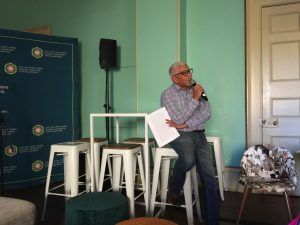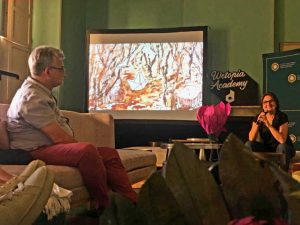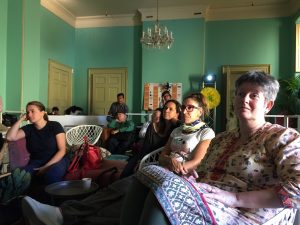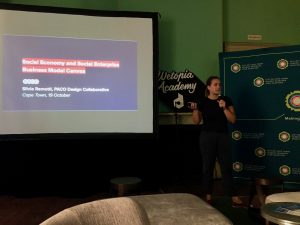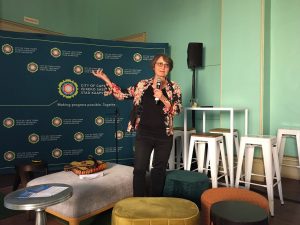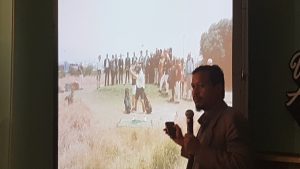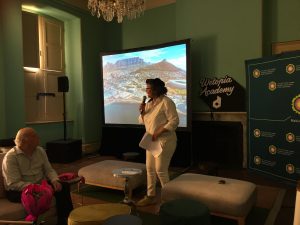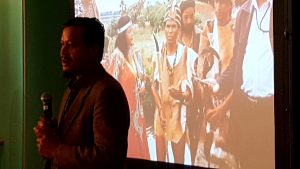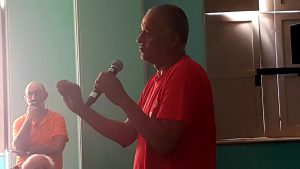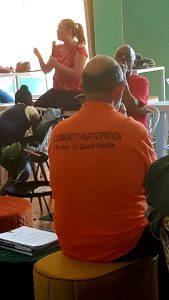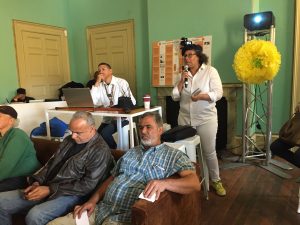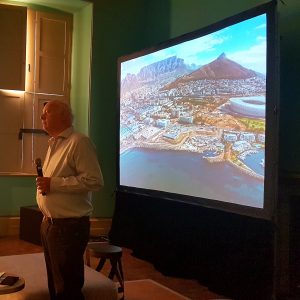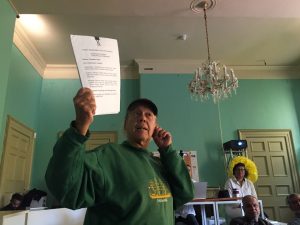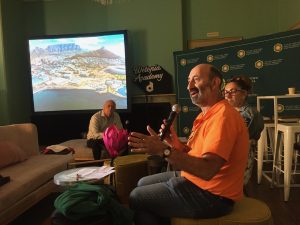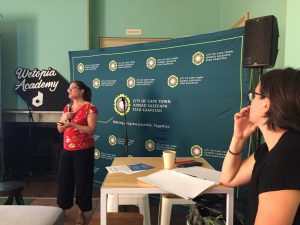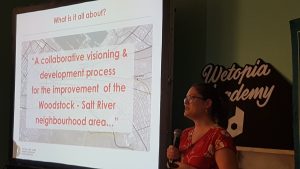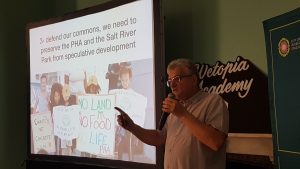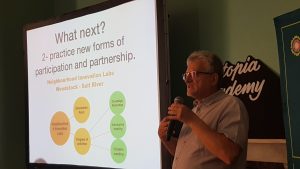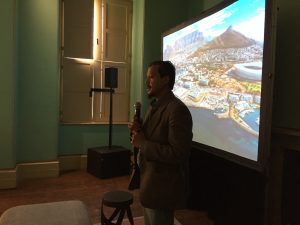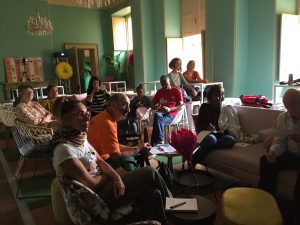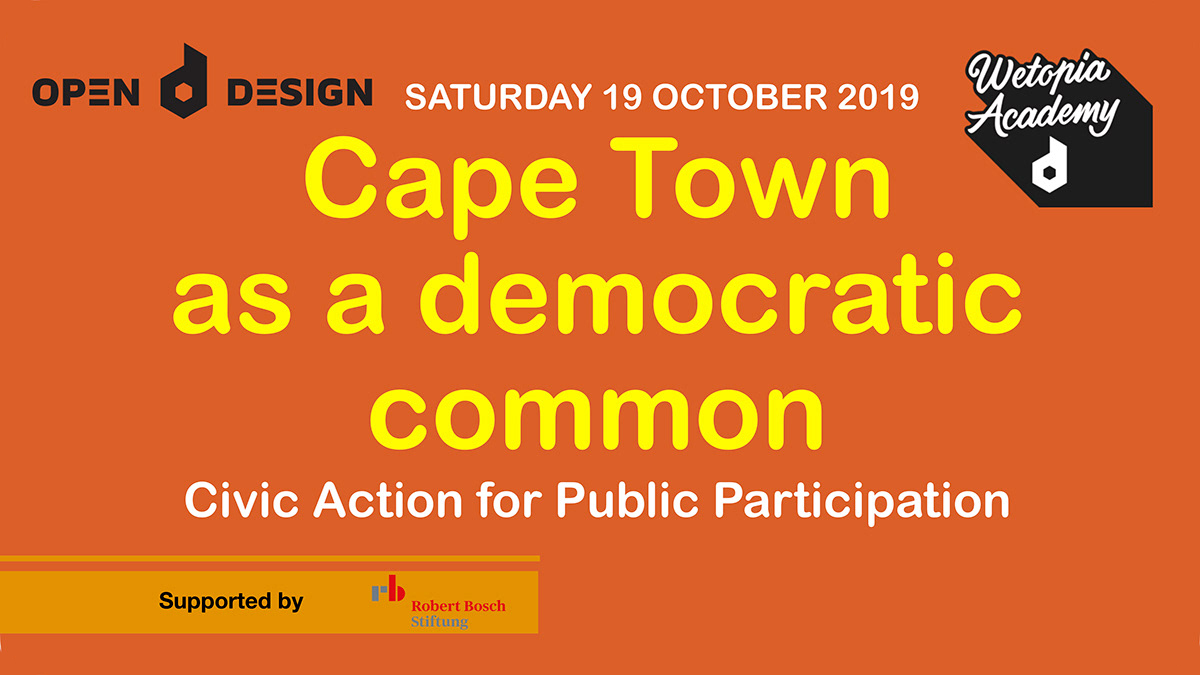
We believe it important to recognize the City as a Commons. The principal function of the City is to be the common house of the people who live there, the place where social life is built, where the varying needs and interests of different people and groups are discussed and compared and where conflicts are managed – a process that is integral to the social life of a city.
The City’s principal function is to assure that all citizens, residents, communities and social groups have a structure where contestation over resources and decision-making between different social groups is done in a common space and in a more inclusive way. We must have a system at municipal level that allows participation to inform decision-making in a way consistent with this constitutional imperative. This is because the service delivery function of the Municipality will be a reflection and consequence of how confrontation over resources and decision-making within the city is conducted. Depending on how these processes are structured, these may lead to greater social cohesion and inclusiveness, or to perpetuation of social injustice and separation with increased frustration.
Citizens participation is a structured participation of people, because only in a context of variously organized citizens through a network of local residents associations, educational organizations, NPO, sportive and faith-based organizations and local business, it is possible to realize social and economical innovation that make possible to increase the citizen participation and the assumption of direct responsibility by the communities. We cannot only exist as individuals but must work within social relationships if we are to ensure inclusive, equitable and positive development. As the principle of Ubuntu makes it clear, we are who we are through our relationships and engagements with others.
SATURDAY 19 OCTOBER 2019 – Cape Town – Castle of Good Hope
Seminar 1: How local legislation can support and nurture public participation (10:00 – 13:00)
Free entrance – RSVP at civics.capetown@gmail.com
Introduction: Patrick Melly, Greater Cape Town Civic Alliance
- People’s By-law proposal for Civic Participation in Cape Town Andrea Couvert, Civic Action for Public Participation
- Public participation By-law in Italy Daniela Ciaffi, Professor of Urban Sociology at the Politecnico di Torino
- Woodstock – Salt River Neighbourhood Development Process Nigel Titus, Urban Planning and Design, City of Cape Town
Questions and answers
Introduction: Leslie London, Observatory Civic Association
- Heritage legal framework a tool to to mobilise the community Jacky Poking, Bo-Kaap Civic and Ratepayers Association
- Social Housing, Affordable housing… Common housing? Bevil Lucas, Reclaim the City
- What alternatives against the privatisation of public space? Tauriq Jenkins, Observatory Civic Association
- Philippi Horticulture Area: build a local food economy Susanna Coleman, PHA Food & Farming Campaign
Questions and answers
Seminar 2: Community land trust, community co-operative… innovative legal entities for managing common goods and community assets. (14:30 – 18)
Free entrance – RSVP at civics.capetown@gmail.com
Introduction: Andrea Couvert, Woodstock Residents Association
- Business model canvas for social economy and social enterprise Silvia Remotti, PACO Design Collaborative, Milan
- Princess Vlei Forum: between advocacy and social enterprise Bridget Pitt, Princess Vlei Forum
- Neighbourhood Planning and Heritage Shabodien Roomanay, Salt River Heritage Society
- Community health committees vehicle for participation Leslie London, School of Public Health and Family Medicine
- Shared Administration Daniela Ciaffi, Professor of Urban Sociology in the Politecnico di Torino
Questions and answers
